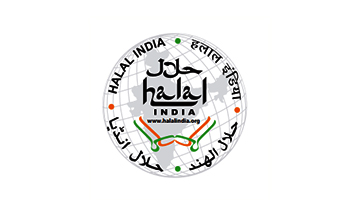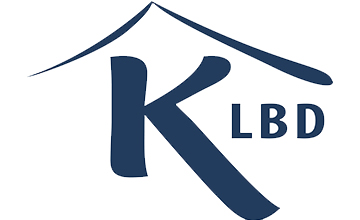Sugar, extracted from sugarcane or sugar beet, goes through several processing steps to transform raw juice into the refined granules we know as table sugar. The purification process aims to remove impurities like colorants, organic acids, and unwanted flavors, resulting in the pure white crystals we commonly use.
What is Activated Carbon?
Activated carbon, also called activated charcoal, is a highly porous form of carbon with a large internal surface area. It is made by heating carbon-rich materials, like coconut shells or wood, at high temperatures without oxygen. This creates a network of tiny pores, giving activated carbon its exceptional ability to absorb impurities.
How Activated Carbon Purifies Sugar
Activated carbon acts as a powerful adsorbent in sugar purification, effectively removing impurities and contaminants from the sugar solution. Here's how it works in sugar filtration:
- Removing Colorants: Raw sugar solutions often have natural colorants like molasses, which give the sugar a brown tint. Activated carbon absorbs these colorants, making the sugar solution clear and colorless, which is preferred for white sugar.
- Eliminating Organic Acids: Sugarcane juice can contain organic acids that cause unwanted flavors or odors in the final sugar product. Activated carbon's porous structure absorbs these acids, resulting in cleaner, neutral-tasting sugar.
- Reducing Unwanted Flavors: During sugar processing, unwanted flavors may develop due to factors like microbial activity or heat exposure. Activated carbon effectively removes these off-flavors by adsorbing volatile compounds, producing purer, better-tasting sugar.
- Enhancing Clarity: Activated carbon helps clarify sugar solutions by adsorbing fine particulate matter, suspended solids, and other impurities. This results in a clear, translucent sugar syrup that meets quality standards for refined sugar products.
Ensuring Quality and Safety
In the food industry, ensuring the purity and safety of sugar products is crucial. Activated carbon used in sugar purification must meet strict quality standards and regulatory requirements to ensure consumer safety and compliance with food safety regulations. Manufacturers source activated carbon from reputable suppliers with certifications like ISO, HACCP, and Kosher to maintain these standards.
Conclusion:
Kalimati (CANESORB™) Activated carbon plays a key role in purifying sugar, offering a natural and effective solution for removing impurities, enhancing quality, and ensuring customer satisfaction. By adsorbing colorants, organic acids, and improving clarity and flavor, activated carbon acts as nature's purifier, ensuring the sweetness of sugar enjoyed in households and businesses worldwide. As we enjoy our favorite sweets, we can appreciate the role of activated carbon in delivering pure and perfect sugar.








.jpg)
.jpg)

(0) Comments